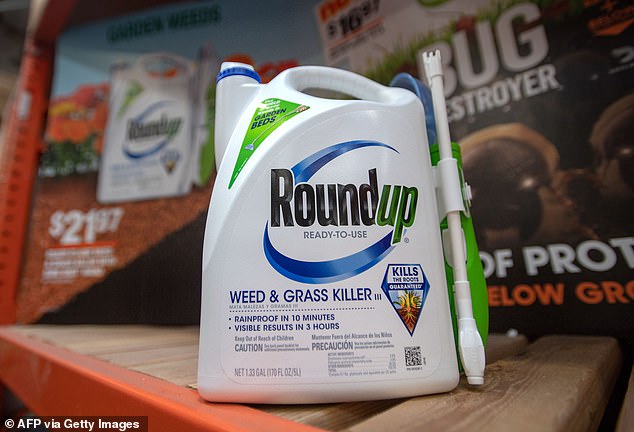A landmark case against a commonly used garden weed killer has failed to prove links to cancer in Federal Court.
In the landmark lawsuit, more than 800 people claimed that the herbicide Roundup and its key ingredient, glyphosate, are carcinogenic to humans and can cause non-Hodgkin lymphoma.
Judge Michael Lee ruled that, based on a preponderance of probabilities, there was no evidence that glyphosate, a component of Roundup, is carcinogenic.
The civil class action lawsuit sought to show that the manufacturer, Monsanto, and its Australian division, Huntsman Chemical Company, were negligent regarding the risks posed by their products.
The lead plaintiff, Kelvin McNickle, had worked for his family’s vegetation management company for 20 years.
The court was told that Mr McNickle was allegedly exposed to two of Monsanto’s Roundup products, which subsequently led to a diagnosis of non-Hodgkin lymphoma.
Judge Lee said he had heard Mr McNickle’s testimony that when he used the product, droplets formed which soaked into his clothes and skin.
During use, fog was also produced everywhere, which Mr. McNickle inhaled.
A class action lawsuit filed against the maker of the garden weed killer Roundup (pictured) sought to show the company was negligent regarding the risk it posed to users.
Maurice Blackburn had led the high-profile class-action lawsuit on behalf of the 800 people who claimed to have had reasonably significant exposure to Roundup.
A spokesperson for the leading compensation law firm told NewsWire that they would “carefully review the ruling.”
Judge Lee’s decision comes after similar cases were heard in the United States.
In 2020, Monsanto’s parent company Bayer settled nearly 100,000 lawsuits, costing the global pharmaceutical giant A$16.5 billion.
Roundup continues to be sold in Australia.


